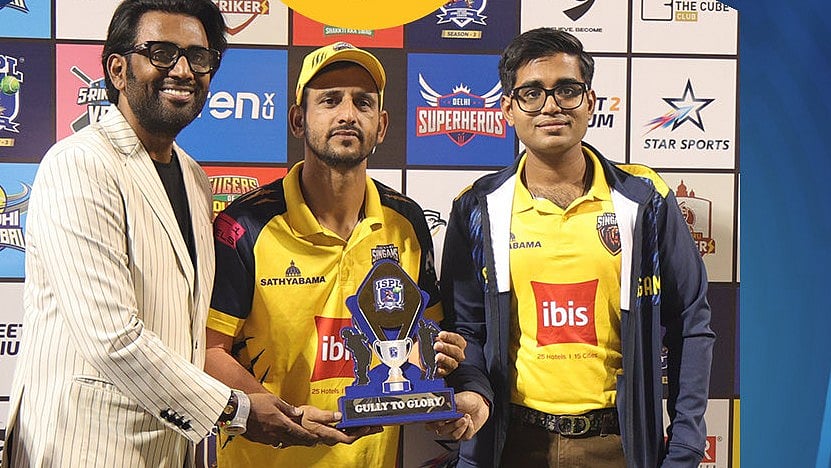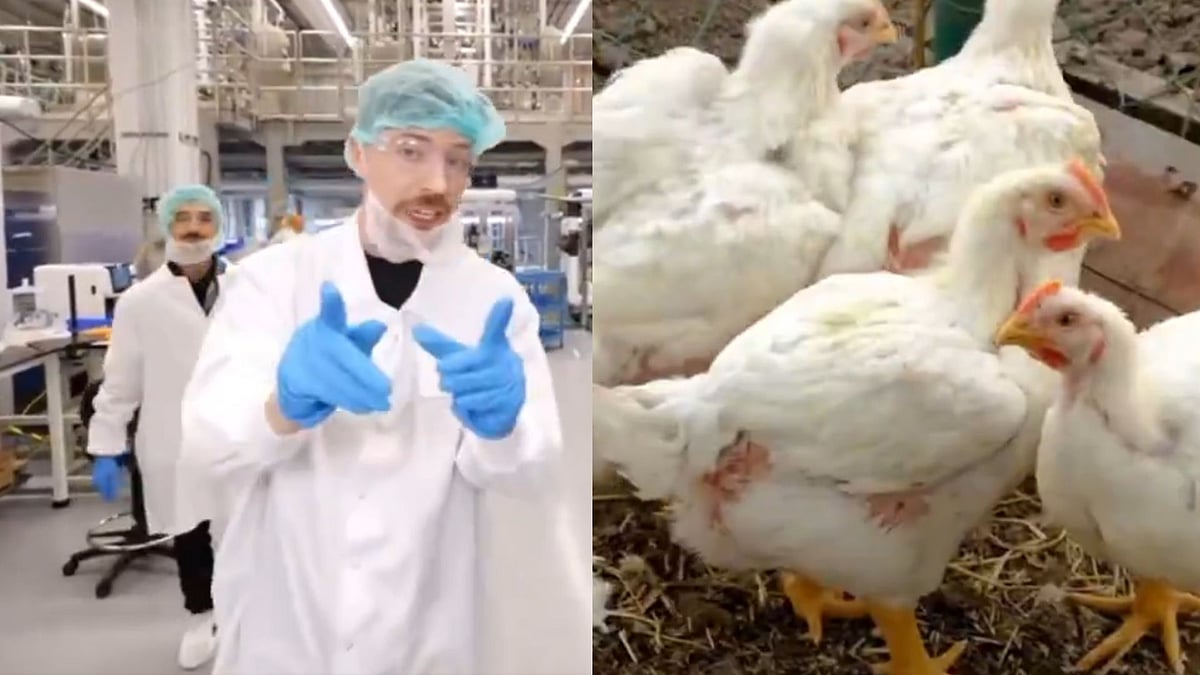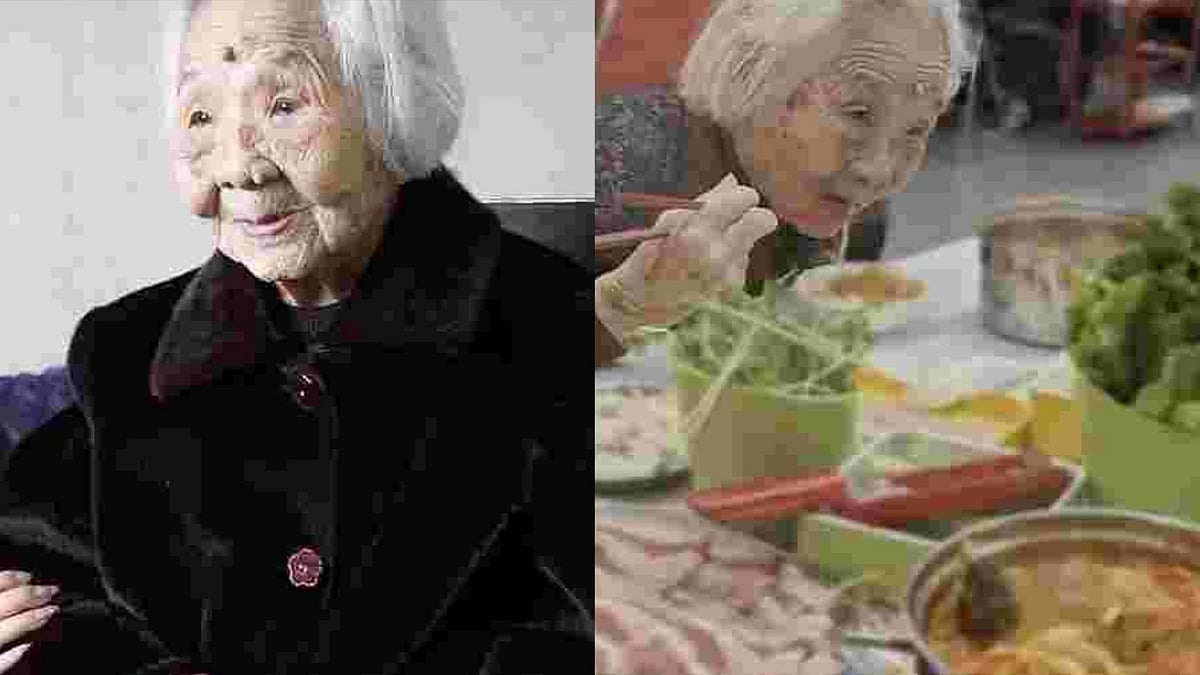Modern medicine and advancements in technology have conquered many triumphs by improving people’s lives and increasing their lifespan. Be it cancer or COVID-19, technology has played a critical role in healthcare. It has addressed various disease areas and ongoing research and development can only assure us of improved health outcomes in spheres that are yet to emerge victorious. Amidst all other focus areas, maternal care under reproductive health is yet to get its due.
The Government of India has launched a number of interventions to safeguard the health of to-be mothers and their children. The Pradhan Mantri Surakshit Matritva Abhiyan (PMSMA) and the Surakshit Matritva Aashwasan (SUMAN) are two efforts to assure that dignified maternal care is a priority in the country. Despite these efforts, maternal mortality rate, or MMR, remains a primary cause of death among women.
The United Nations Sustainable Development Goals (UN SDGs) believes that a significant reduction in MMR in every country is essential to achieving the third goal of “Good Health and Well-Being”. As such, it aspires that in every 100,000 live births globally, not more than 70 mothers should lose their lives by 2030.
According to the most recent statistics, India's maternal mortality ratio (MMR) dropped to 103 per 100,000 live births in 2017-19, down from 113 per 100,000 live births in 2016-18. MMR has declined significantly in India over the years, but we still have a long way to go to meet the UN SDG.
The root cause for MMR is the mother’s health before and during the pregnancy and the lack of timely medical intervention. Certain ailments can be the reason of infertility in women while others can be life-threatening in those who have conceived.
For instance, in women with thyroid disorders, they may be diagnosed with anaemia during their term as well as see a spike in their blood pressure causing preeclampsia; in some cases, the mother may experience vomiting and dehydration. In case of the developing child, it may result in stillbirth or miscarriage, and a premature birth – endangering the child’s life too.
Assisted reproductive technology (ART) can play an essential role to determine and contribute in the treatment of such diseases before women set on the journey of motherhood. Every cycle begins with a specialist's consultation, which helps to create expectations for the operation. The couple is subjected to a series of panel tests. This includes blood tests to look for polycystic ovaries, diabetes, liver damage, sexually transmitted diseases, and hormone levels like prolactin in women.
Going through these tests help to unearth the cause of infertility as well as ascertain if there is any health condition that needs to be medically addressed before starting the ART cycle. If a woman seeking ART treatment is discovered to have severe diabetes that might influence pregnancy and result, she will be directed to an endocrinologist; if uterine fibroids are discovered, they will be removed by laparoscopy or surgery. While ART can help in the identification and timely remediation of underlying conditions, it is imperative to note that it is not required by all. Typically, couples who have been unable to conceive naturally for over a year, sometimes even decades, opt for such treatments.
Safe motherhood is ensuring that females receive the care they require to remain safe and healthy. Special attention must be paid especially during labour and delivery, which is the most vulnerable time for difficulties. Prioritizing maternity and child health services at the ground level should be the foundation in our way to build a healthy nation.
(Dr Kshitiz Murdia is CEO & Co-Founder-Indira IVF)









